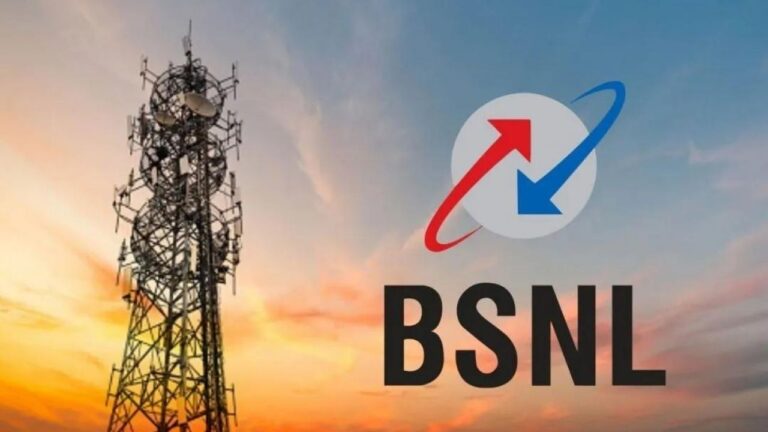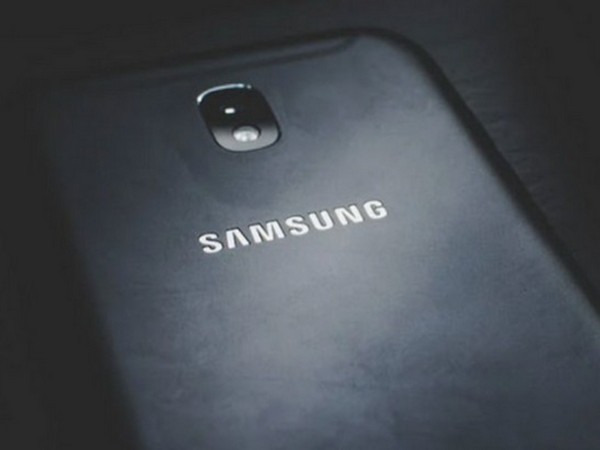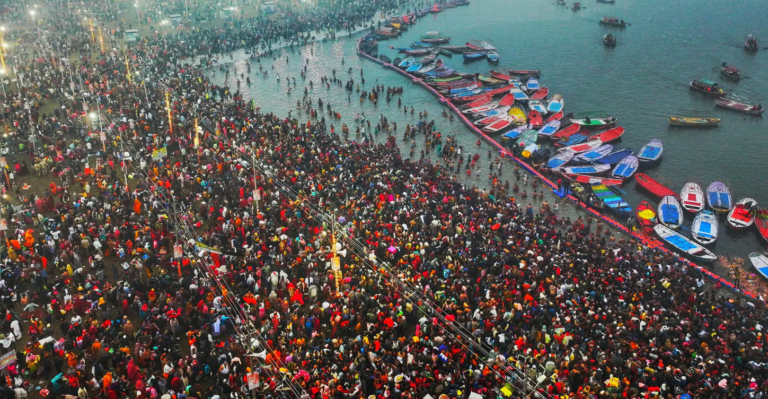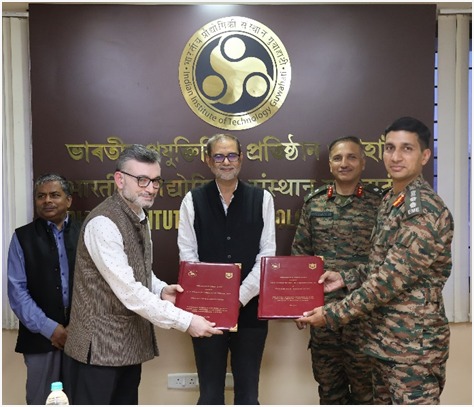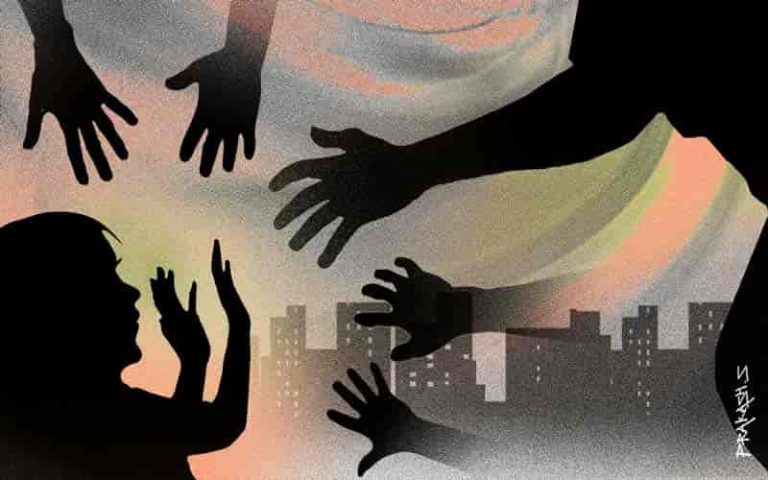The government opens the registration process for drones on Saturday. Here’s what you need to know about what’s allowed and what’s not:
Do all drones have to be registered?
No. Nano drones, which weigh less than 250 grams, will not need to go through the registration process and their owners can start flying them on Saturday itself. Such operators have been advised to inform the local police beforehand and to not breach the privacy of any individual.
What about the others?
They will need registration. Users have to complete the registration process and secure a unique identification number (UIN), and can operate the remotely piloted aircraft systems (RPAS) from January 1.
“It will be a historic day as we will start registration for drones. We will give 30 days’ time to register and from January 1 we expect the operation of drone to start,” minister of state for civil aviation Jayant Sinha said.
What happens then? Can people just fly the drones when and where they want to?
That would be chaotic and possibly result in accidents.
According to the civil aviation ministry, the Digital Sky Platform will be a first-of-its-kind national unmanned traffic management (UTM) portal to implement a ‘no permission, no take-off’ policy.
“Users will be required to do a one-time registration of drones, pilots and owners. For every flight (except by nano drones), users will be required to ask for permission to fly through a mobile app, and an automated process will permit or deny the request instantly.
The UTM operates as a traffic regulator in the drone airspace and coordinates closely with the defence and civilian air traffic controllers (ATCs) to ensure that drones remain on the approved flight paths,” a ministry official said on condition of anonymity.
And what about flying drones in controlled spaces?
For flying drones in a controlled airspace, the filing of a flight plan and obtaining Air Defence Clearance (ADC) /Flight Information Centre (FIC) number will be necessary. The regulation defines “no-drone zones” as areas around airports, near the international border, Vijay Chowk in New Delhi, state secretariat complexes in state capitals, and strategic locations and vital military installations. A case under the Indian Penal Code can be filed for flying a drone in a prohibited zone.
All drone operators will register their drone and request permission to fly for each flight through India’s Digital Sky Platform. The Digital Sky Platform and further details will be available on the DGCA website from December 1, 2018.
For more information on India’s drone laws, see this document from the DGCA website.








